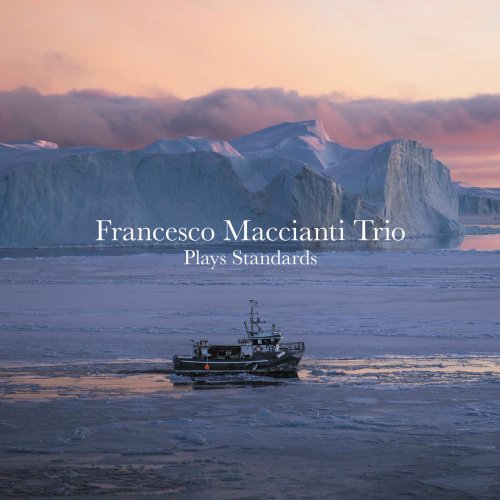Canticum Novum - Laudario (Musique au temps de Saint François d'Assise) (2019) Hi-Res
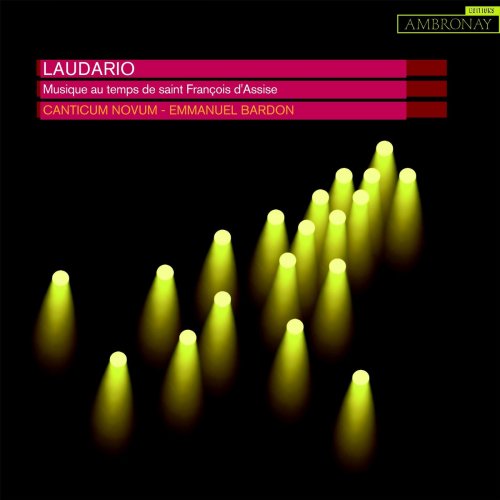
Artist: Canticum Novum
Title: Laudario (Musique au temps de Saint François d'Assise)
Year Of Release: 2019
Label: Ambronay Éditions
Genre: Classical
Quality: FLAC 16/24 Bit (88,2 KHz / tracks+booklet)
Total Time: 62:09 min
Total Size: 264 MB / 1 GB
WebSite: Album Preview
Tracklist:Title: Laudario (Musique au temps de Saint François d'Assise)
Year Of Release: 2019
Label: Ambronay Éditions
Genre: Classical
Quality: FLAC 16/24 Bit (88,2 KHz / tracks+booklet)
Total Time: 62:09 min
Total Size: 264 MB / 1 GB
WebSite: Album Preview
01. Sia laudato San Francesco "Lauda No. 38"
02. Stella nova'n fra la gente "Lauda No. 21"
03. Gloria'n cielo pace'n terra "Lauda No. 20"
04. O divina virgo flore "Lauda No. 15"
05. Trotto "Istampitta"
06. Cristo è nato et humanato "Lauda No. 19"
07. Saltarello II "Istampitta"
08. Da ciel venne messo novello "Lauda No. 7"
09. Amor dolze senza pare "Lauda No. 45"
10. Fami cantar l'amor di la beata "Lauda No. 9"
11. Chomiciamento di gloria "Istampitta"
12. Ben e crudele e spietoso "Lauda No. 23"
13. De la crudel morte di Cristo "Lauda No. 24"
14. Onne homo ad alta voce "Lauda No. 26"
15. Lamento di tristano - La Rotta "Istampitta"
16. Saltarello III
17. Altissima luce "Lauda No. 8"
18. Laude novella sia cantata "Laude No. 2"
19. Venite a laudare "Lauda No. 1"
Canticum Novum sheds new light on the wonderful medieval repertory of Tuscan laude. Taken from the Laudario di Cortona, these popular sacred songs of praise from the time of St Francis of Assisi, overflowing with poetry and sunshine, are transcended by Emmanuel Bardon and his ensemble. Appropriating another culture and playing it through the prism of ones own culture, not to imitate it but to resonate with it: this I show the art project Canticum Novum has been defining its deep self for many years now. Working this way, the musicians forming the ensemble constantly question their own musical identity, the way they play their instruments. They often accept to leave their comfort zone and to relearn how to play, adapting to the repertory to be interpreted and their present colleagues. The idea is not to contort oneself in order to play another repertory but to move towards it.
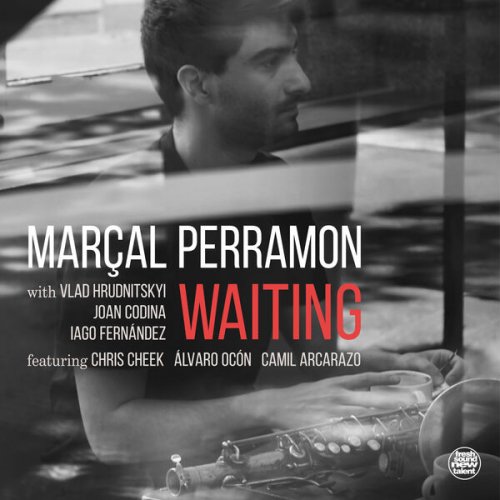
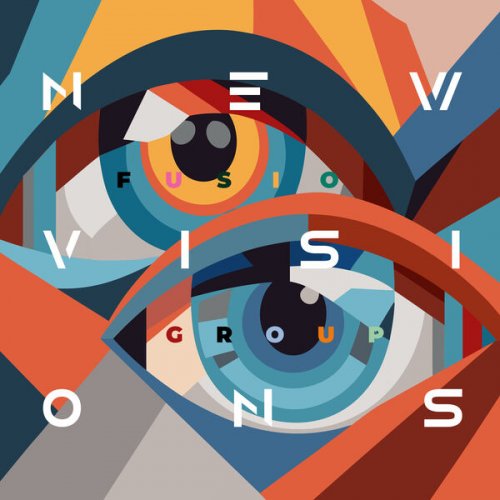
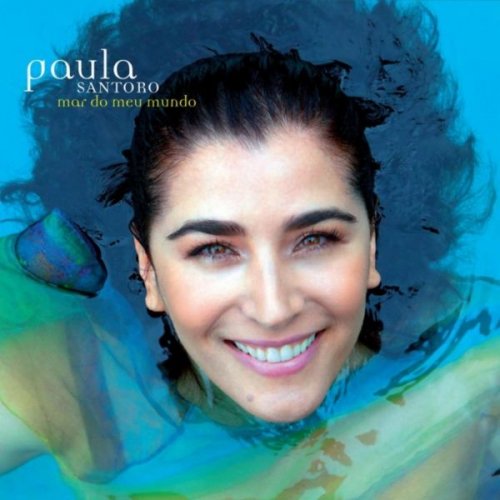
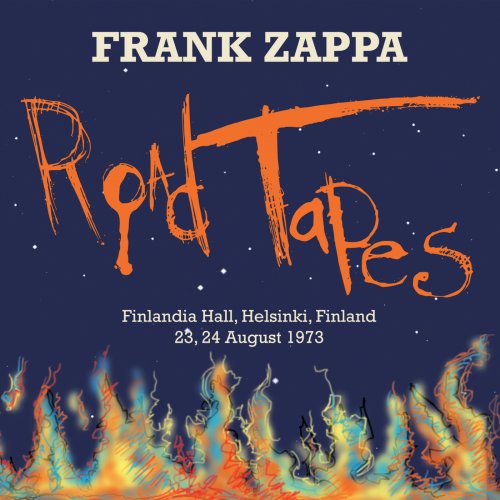
![Tomasz Stańko - Rue de la Tour (Polish Radio Sessions vol. 5/6) (2025) [Hi-Res] Tomasz Stańko - Rue de la Tour (Polish Radio Sessions vol. 5/6) (2025) [Hi-Res]](https://www.dibpic.com/uploads/posts/2025-12/1765796463_cover.jpg)


![Frank Sinatra, Count Basie - It Might As Well Be Swing (1964) [2021 SACD] Frank Sinatra, Count Basie - It Might As Well Be Swing (1964) [2021 SACD]](https://www.dibpic.com/uploads/posts/2025-12/1766090910_scan-1.jpeg)
